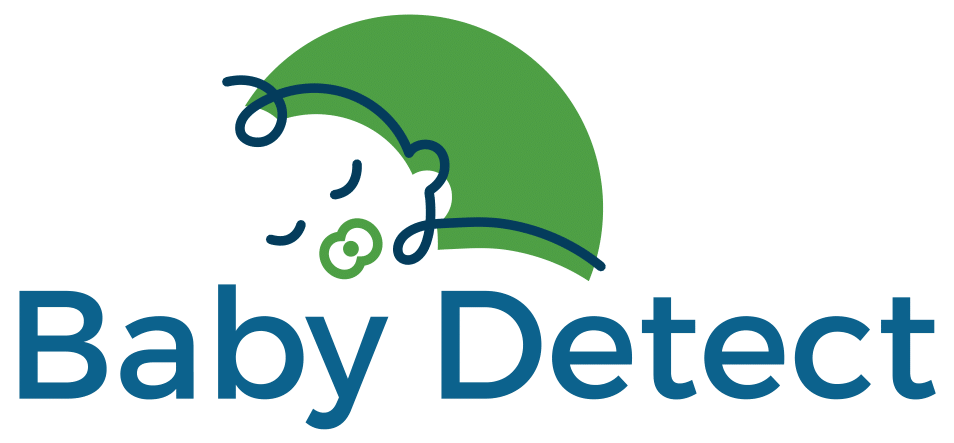SBDS, EFL1, DNAJC21 and SRP54 genes
Also known as: SDS, Shwachman-Bodian-Diamond Syndrome; Pancreatic insufficiency and bone marrow dysfunction; Lipomatosis of pancreas, congenital
Includes:
OMIM#260400 https://omim.org/entry/260400
OMIM#617941 https://omim.org/entry/617941
1. The disease:
Shwachman-Diamond syndrome (SDS) is a rare, inherited bone marrow failure, characterized by a low number of white blood cells, poor growth due to difficulty absorbing food, and, in some cases, skeletal abnormalities.
2. The symptoms:
In almost all affected children, persistent or intermittent low white blood cells is a common presenting finding, often before the diagnosis of SDS is made. Short stature and recurrent infections are common. Lack of early signs or symptoms does not exclude the diagnosis.
3. Actions to take in case of early diagnosis:
- Infants with a positive genetic test (having 2 pathogenic variants or 2 copies of a single pathogenic variant in one of the 3 genes – SBDS, EFL1, DNAJC21 or 1 pathogenic variant in heterozygosis in the SRP54 gene) should continue breastfeeding.
- When possible (not expected in the newborn) clinical correlation with classic findings of exocrine pancreatic dysfunction and bone marrow dysfunction may help.
- SDS is a lifelong condition that requires lifetime management and regular follow-up with a multidisciplinary approach to care, including pediatrics, gastroenterology, hematologist, genetics, and nutrition.
- Exocrine pancreatic insufficiency is treated with oral pancreatic enzymes and fat-soluble vitamin supplementation.
- Blood and/or platelet transfusions may be considered for anemia and/or thrombocytopenia associated with bi- or pancytopenia.
- If recurrent infections are severe and absolute neutrophil counts are persistently ≤500/mm3, treatment with granulocyte-colony stimulation factor (G-CSF) can be considered.
- Hematopoietic stem cell transplantation (HSCT) should be considered for treatment of bone marrow aplasia, acute myeloid leukemia or a myelodysplastic syndrome.
- Genetic counseling is highly recommended for family planning and evaluation of at-risk family members such as siblings.
4. For more information:
Biblio: https://www.ncbi.nlm.nih.gov/books/NBK1756/
